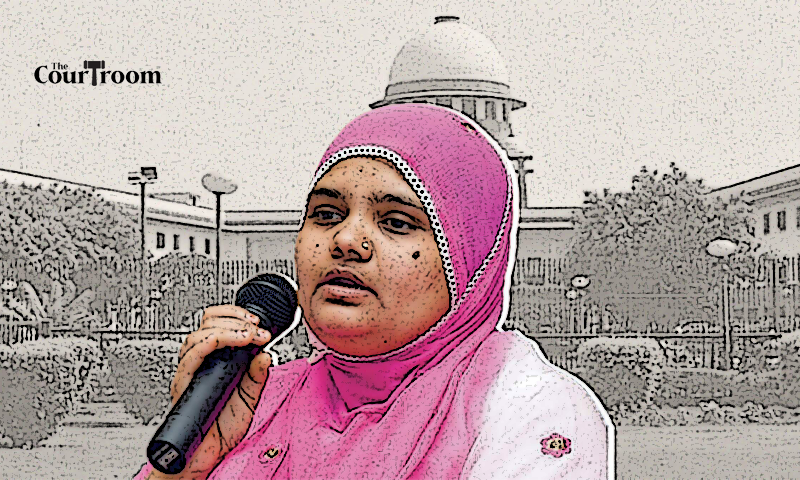Bilkis Bano Convict’s Appeal and Supreme Court’s Remission Policy Jurisdiction
A convict involved in the Bilkis Bano gangrape case has lodged an appeal with the Supreme Court challenging a ruling made on January 8th. This ruling nullified the early release granted by the Gujarat government to him and others convicted in the case. Ramesh Chandana, the convict, argued that the Supreme Court overruled a previous bench order in its January 8th decision, which he deemed impermissible.
Chandana’s argument primarily revolves around the jurisdiction of the remission policy applied to the rape convicts. He contends that since the crime occurred in Gujarat, the state’s policy, which requires 14 years for eligibility for remission, should apply. However, the Supreme Court concluded that the policy applicable was that of Maharashtra, where the trial took place, which stipulates 28 years as the eligibility criteria. Chandana questions whether the transfer of the case to Maharashtra should override the benefit of Gujarat’s remission policy.
Additionally, Chandana highlights a Supreme Court judgment from May 2022, which had previously allowed for the early release of convicts based on the policy of the state where the crime was committed. He argues that this judgment should not have been overturned without a curative petition.
Meanwhile, the Gujarat government has also filed a review petition challenging the correctness of the Supreme Court’s January 8th ruling. The government particularly disputes the court’s characterization of its actions as complicit with the accused, which it claims has unfairly prejudiced the state. Additionally, the government takes issue with the court’s suggestion that it should have filed a review petition against the May 2022 judgment.
The convict, Ramesh Chandana, through his advocate Pashupati Nath Razdan, has further argued that the top court’s decision to overrule another division bench order in its January 8th verdict is not permissible. The plea raises questions about whether the transfer of the case from Gujarat to Maharashtra should deprive the parties of the benefit of Gujarat’s remission policy, which is more favorable to Chandana. It underscores the discrepancy between the policies of the two states regarding the eligibility criteria for remission.
The review petition by Chandana also highlights the importance of the doctrine of comity of courts, questioning whether the overruling of a coordinate bench’s judgment without a curative petition is in contravention of this principle.
Notably, the Gujarat government’s review petition questions the correctness of the Supreme Court’s observation that the state was complicit with the accused. It argues that these remarks have caused great prejudice to the state’s reputation and legal standing. Additionally, the government takes issue with the court’s suggestion that it should have filed a review petition against the May 2022 judgment, emphasizing procedural and jurisdictional concerns.
If you wish to have your News, Articles, Deals, Columns, or Press Releases showcased on The Courtroom, we kindly invite you to complete the form available through the provided link.


